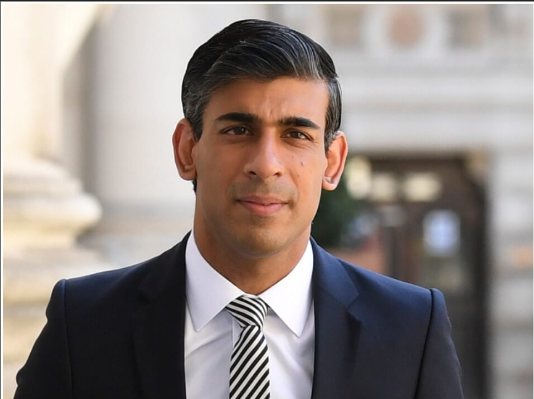
UK prime minister defends plan to ban smoking for younger generation
The British Prime Minister, Rishi Sunak, has defended his plans to phase out the sale of cigarettes in England, saying it would be the biggest public health intervention in a generation.
The PM told the BBC there was “no safe level of smoking” when asked about restricting people’s right to choose.
Speaking at the Conservative Party Conference on Wednesday, Sunak stated that the age at which people can buy cigarettes and tobacco in England should rise by one year every year so that eventually no-one can buy them.
Under the plan, the age of sale would rise from 18 every year so a child aged 14 today would never be allowed to buy tobacco. But some critics of the policy say it could lead to the creation of a black market.
In an interview with Radio 4’s Today programme, Sunak was challenged on why he was taking measures to ban the future sale of cigarettes but in June pushed back part of the government’s anti-obesity strategy, saying he believed in “people’s right to choose”.
Originally scheduled for this month, plans to ban two-for-one junk food deals have been delayed by the government for another two years.
But Sunak told the BBC smoking cigarettes was not the same as eating crisps or a piece of cake because it could not be part of a balanced diet and there was no safe level of smoking.
“Smoking is unequivocally the single biggest preventable cause of death, disability and illness in our society,” he said.
“Everyone recognises this measure will be the single biggest intervention in public health in a generation.”
According to him, measures to restrict choice were never easy but nobody would want their children or grandchildren to grow up to smoke.
The idea of gradually increasing the smoking age was put forward last year by Javed Khan, the former Barnardo’s chief executive, who was asked by ministers to consider new approaches to tackling smoking. At the time, the government, which was led by Boris Johnson, said such a move was unlikely.
But Sunak has decided to throw his backing behind it as a way of meeting the government’s ambition for England to be smokefree by 2030, defined as less than 5% of the population smoking.





